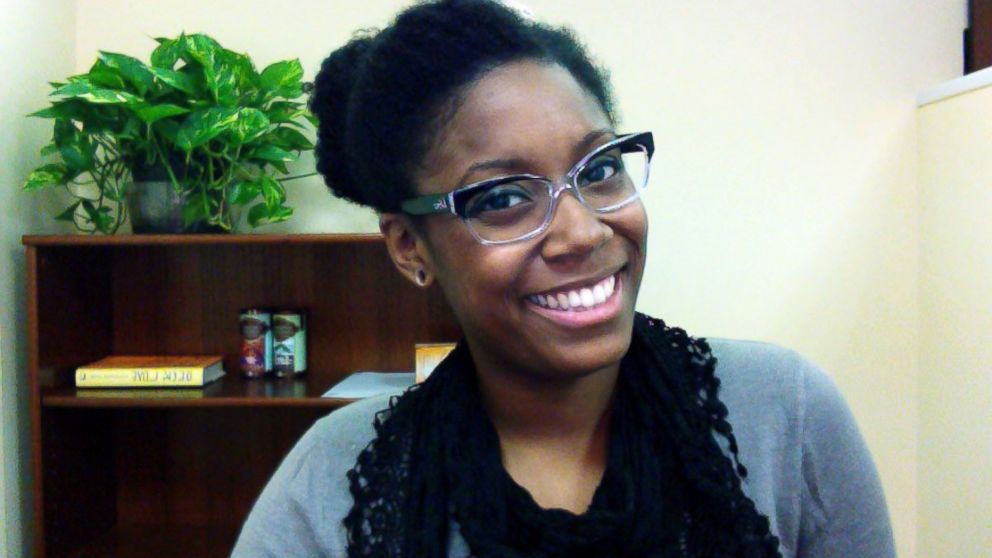Don't Work So Hard, Employers Tell Interns
Amid lawsuits and even a death, the world of corporate interships is changing.

Nov. 3, 2013 — -- Rocked by lawsuits and by death, the world of corporate interns is changing. One major employer has eliminated its internship program altogether. Another is urging its new hires not to work so hard.
Lawyers representing interns tell ABC News they expect conditions for young, unpaid workers eventually to improve -- but interns themselves, especially ones who have sued former employers to collect back pay, say they fear that their having challenged the system will make it harder for them in future to land full-time jobs.
Maurice Pianko, a New York City lawyer whose firm, Intern Justice, represents young, unpaid workers, says his clients get little respect, whether in an office setting or anywhere else.
"If you are paying the babysitter by the hour," he tells ABC News, "you rush home after dinner. If the babysitter is working for free, you stay and have desert."
So eager are interns to make a good impression, says Pianko, that they will do "almost anything," including have sex with superiors, as is alleged in one current lawsuit by an intern against a major city's tabloid.
Political interns "work like dogs" during election season, says Pianko, logging at least 60 hours a week. Likewise, young, aspiring accountants work long hours during tax season.
In London, a 21-year-old Bank of America Merrill Lynch intern, Moritz Erhardt, was found dead in August, apparently from overwork. A colleague told London's Independent newspaper, "He apparently pulled eight all-nighters for two weeks. They get you working crazy hours, and maybe it was just too much for him in the end."
Bank intern's death highlights risk of long hours.
A spokesman for Bank of America Merrill Lynch said the firm was "shocked and saddened" by Erhardt's death and that it would be reviewing the working conditions expected of its interns.
This week, Goldman Sachs told new hires it expected them to work less hard.
Bloomberg News quoted Goldman Sachs co-head of investment banking, David Solomon, as saying that while the firm wanted its new hires to feel challenged, it also wanted them to work at a reasonable pace.
"This is a marathon, not a sprint," he was quoted as saying.
A Goldman Sachs spokesman told ABC News the firm wants new investment banking hires to work as if they were studying to get a Ph.D., rather than cramming for a one-time test.
Late last month, Conde Nast, which had been sued by former interns alleging they had been overworked and underpaid, announced it would no longer offer internships at all.
Says Pianko, "I think there needs to be another 50 lawsuits to end abusive conditions. My biggest concern is that you have to have a social conscience to be willing to stand up to your boss. Employers have put out the myth out there that people who sue are blacklisted. That's simply not true."
Fed-up interns take office grievances to court.
It has not been true, he says, for the majority of his clients.
This summer, the University of California was ordered to pay more than $14,000 in back wages to Pianko's client, Joanna Workman, a psychology intern who sued the university.
She tells ABC she feels her having sued "has not been a negative factor" in her interviewing for full time work.
"You never really know why a potential employer turns you down," she says. "If you Google my name, the fact that I sued comes up. But I think for some jobs, that's helped me -- jobs requiring a strong social conscience. It's my hope to work for a socially responsible company -- ones that understand the importance of my action."
Pianko client Erica van Rabenswaay feels the same way. A graphic designer, she worked for Norma Kamali for three months, then later sued for back pay. Now, she works in public relations. Her having sued to collect pay for her internship, she tells ABC, "never was a negative" in the eyes of potential employers.




